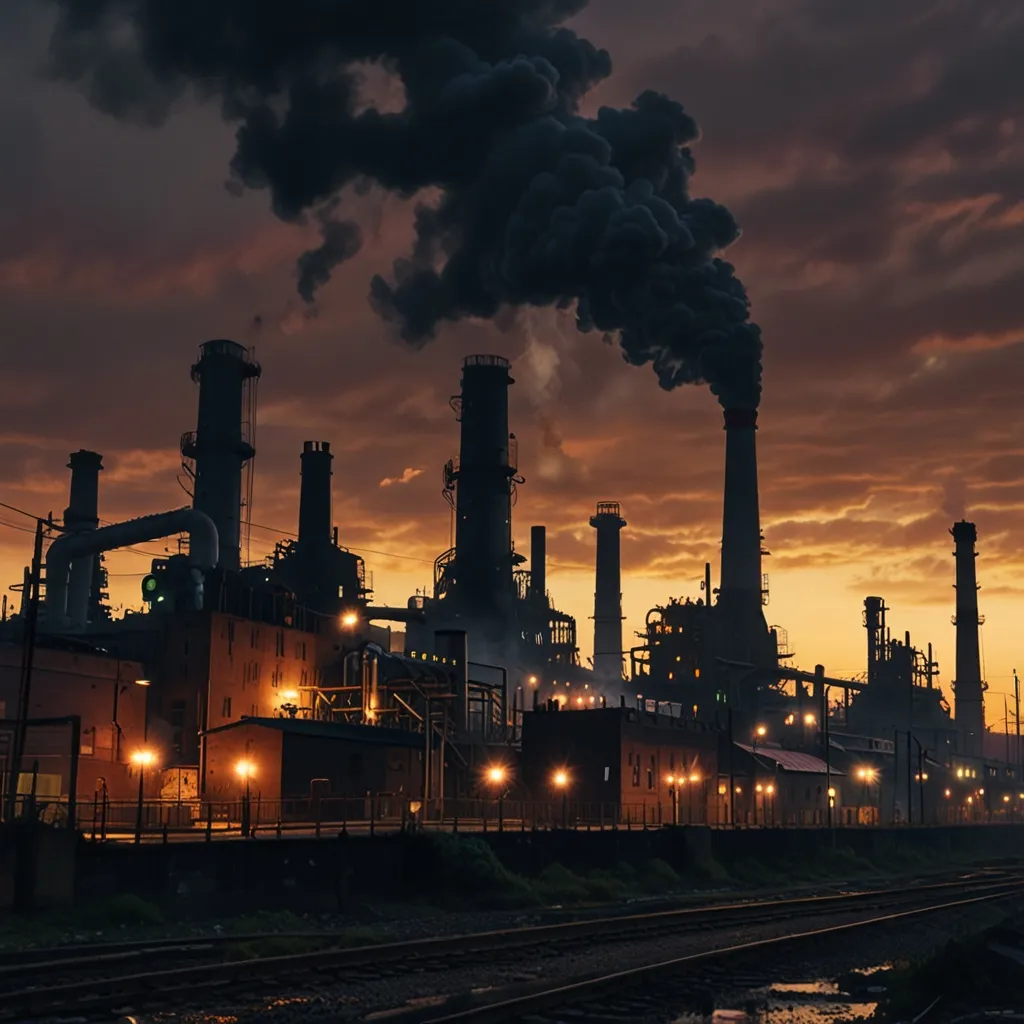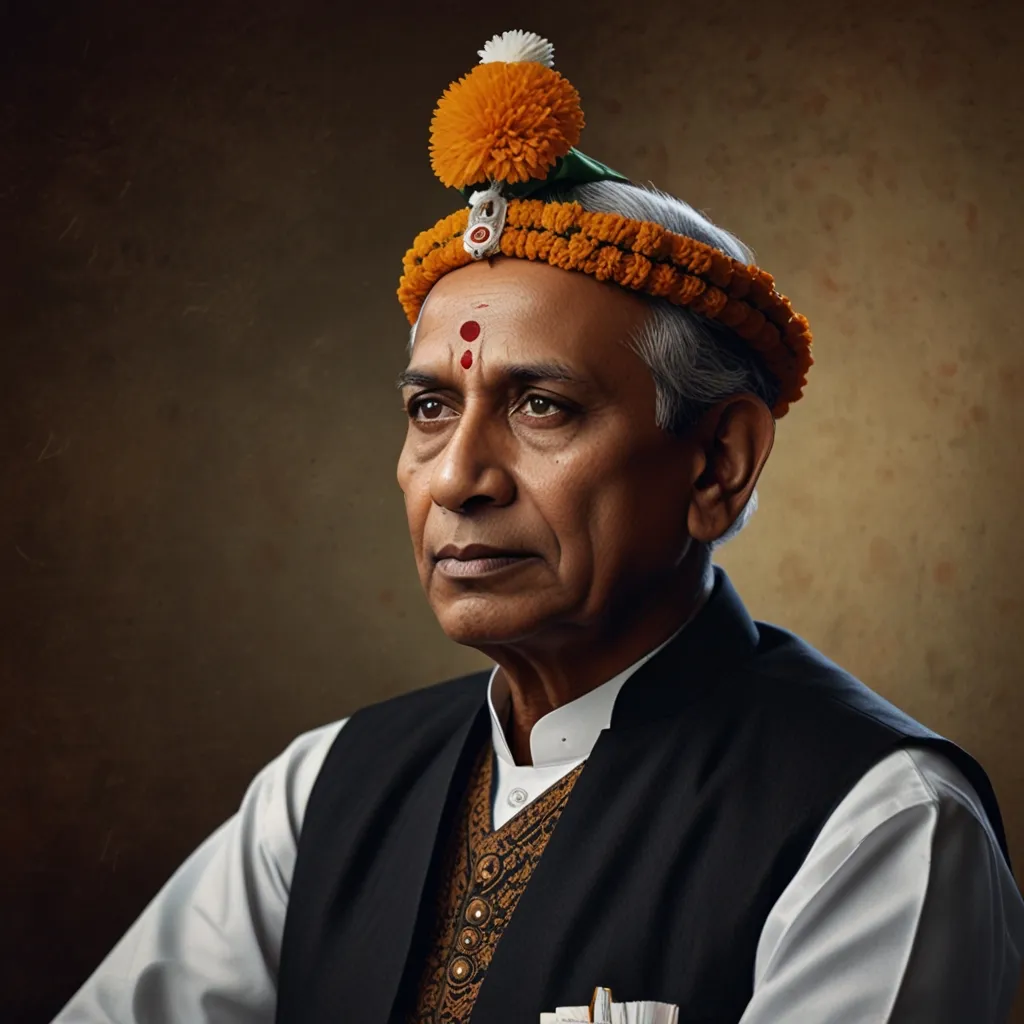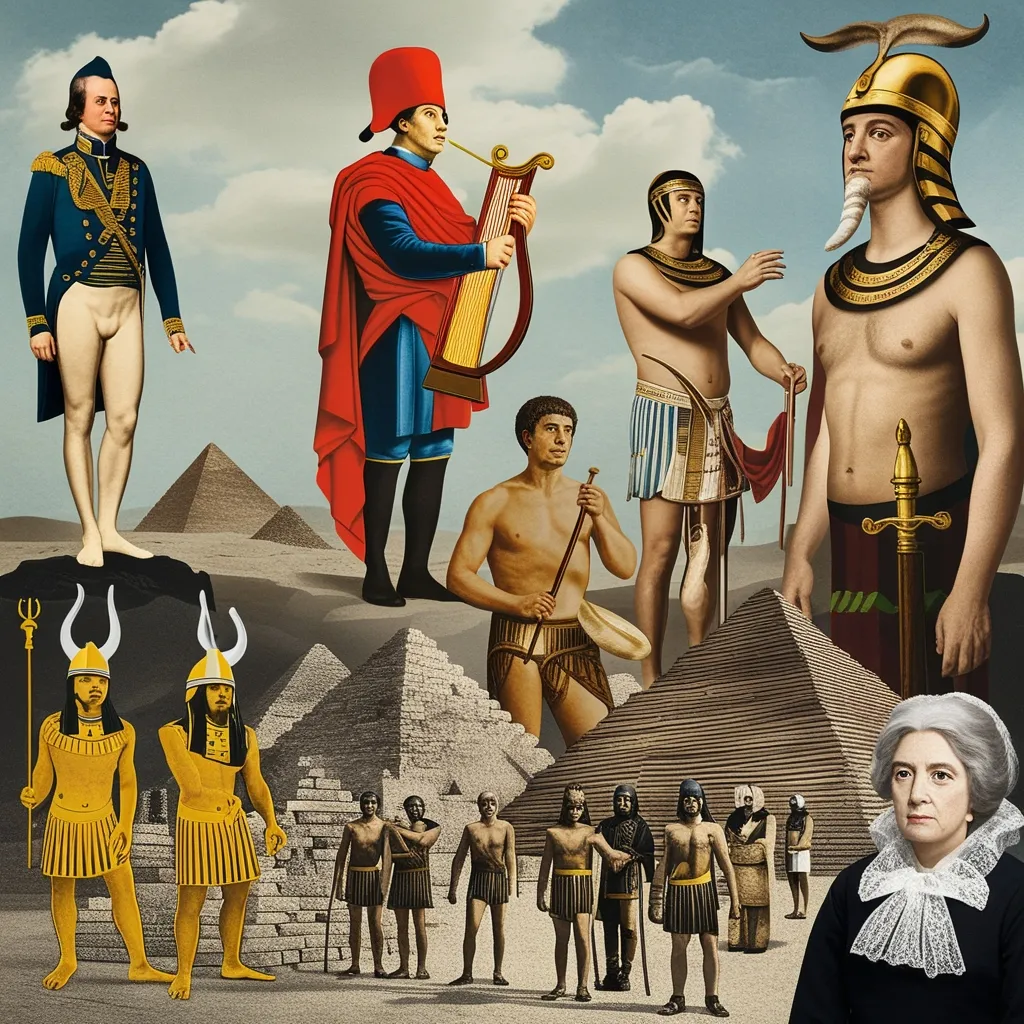The Industrial Revolution was a pivotal era that marked a significant switch from agricultural practices to industrial practices. This period, which began in the late 18th century and continued into the 19th century, was characterized by rapid industrial growth and technological advancements. It started in England around the 1780s and gradually spread to other parts of Europe and the United States.
During this time, major changes occurred in agriculture, manufacturing, mining, and transportation. The development of new sources of energy, such as coal and steam power, was crucial. The steam engine, invented in the late 18th century, revolutionized production by powering factories and machines. This led to increased productivity and a decrease in the cost of goods.
The Industrial Revolution also saw the development of new technologies like the spinning jenny and the power loom, which made textile production more efficient. These innovations led to the growth of the textile industry, which became one of the most important sectors during this period.
Urbanization was another significant aspect of the Industrial Revolution. As factories emerged, people moved from rural areas to cities in large numbers. This migration intensified as more factories were built, leading to increased urbanization. Governments created laws to protect private property, enabling wealthy individuals to invest heavily in factories. Additionally, nations that industrialized benefited from their colonies by extracting wealth and resources, which accumulated capital and resources.
In Great Britain, restricted land ownership in rural areas and the abundance of coal to power factories contributed to its leadership in industrialization. The country’s colonies provided new markets for goods and additional areas to extract natural resources. This combination of factors made Britain a hub for industrial growth.
The factory system, which involved labor and production in a single location, was a hallmark of the Industrial Revolution. Factories were mostly built in urban areas and near rivers, creating concentrated populations. Workers specialized in specific tasks to maximize production, leading to greater reliance on the factory system. This system organized production around a central factory or workshop, where raw materials were processed into finished goods.
The Industrial Revolution had a profound impact on society and the economy. It led to the growth of cities and the rise of a new middle class, changing the way people lived and worked. Before this era, people often grew their own food, lived outside cities, and interacted closely with their families. The rise of factories and urbanization radically altered these social structures.
In summary, the Industrial Revolution was a transformative period that shifted societies from agricultural practices to industrial practices. It was marked by technological advancements, urbanization, and significant changes in the way goods were produced and consumed. This era laid the groundwork for the modern industrialized world, shaping the way we live and work today.






